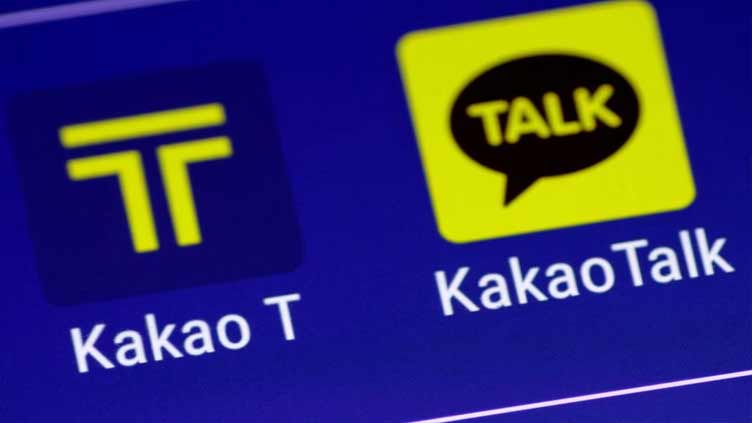South Korean tech giant Kakao faces growing regulatory heat after the country’s president urged a review into its taxi app amid complaints about monopolistic practices, which comes on the heels of a probe into suspected stock market manipulation.
Shares in Kakao Corp which operates Korea’s dominant chat app KakaoTalk and has expanded into digital banking, taxi services and entertainment, have dropped 27% over the past three months, undershooting a 10.5% fall in the broader market and reflecting growing regulatory concerns.
Analysts warn those troubles could worsen for the group, creating unwanted distractions just as the firm seeks to push forward on artificial intelligence and infrastructure investment to compete with local rival Naver Corp (035420.KS).
“Kakao’s issues appear to politicised beyond their essential reality,” said Park Ju-gun, head of corporate analysis firm Leaders Index.
“Its dominance in the country make it a useful subject to draw the public’s attention with before general elections next April.”
South Korean President Yoon Suk Yeol told a public meeting on Wednesday that the market behaviour of Kakao Mobility’s taxi-hailing service was monopolistic and required a review.
“In the sense that they attracted (drivers) and then raised prices, it’s very immoral and the government should take action,” he said in response to a complaint raised by a taxi driver over what he said were market abusing practice.
The president’s office did not elaborate on further action when asked by Reuters for comment. Kakao declined comment for the story.
Kakao Mobility, which holds more than 90% market share of South Korea’s taxi-hailing market, said late Wednesday it would hold an emergency meeting with taxi drivers to reform the fee system.
Public concerns about the group emerged a year ago when a widespread outage of KakaoTalk raised questions about the mobile chat app’s huge market dominance and just how reliant consumers and businesses were on its related services.
Its regulatory troubles escalated last month when one of its executives was arrested for suspected stock market manipulation during its acquisition of K-Pop agency SM Entertainment (041510.KQ).
Last week, regulator Financial Supervisory Service (FSS) said it will refer Kakao, its affiliate Kakao Entertainment and executives involved in the SM Entertainment acquisition to public prosecutors for suspected violation of the Capital Markets Act.
If a court finds wrongdoing at Kakao Corp, the group could be forced to divest part of its 27.2% stake in online bank KakaoBank (323410.KS), as it would not be legally allowed to remain the bank’s major shareholder, according to legal experts.
Adding to those concerns, state-run National Pension Service (NPS) said on Wednesday it changed the purpose of its investment in Kakao to one that involves more active exercise of shareholder rights from passive investment previously.
NPS declined to disclose specific reasons for changing its investment purpose. It held a 5.4% stake in Kakao, according to the most recent disclosure.
“Kakao’s resources are currently being divided along various legal proceedings and probes by the prosecution, financial regulator,” Samsung Securities analyst Oh Dong-hwan wrote in a note.
“It is necessary to pay attention to legal risks, as problems may arise in the status of KakaoBank depending on the probes’ results.”
Post Views: 47


 Sports3 months ago
Sports3 months ago
 Sports3 months ago
Sports3 months ago
 Fashion3 months ago
Fashion3 months ago
 World3 months ago
World3 months ago
 pakistan3 months ago
pakistan3 months ago
 pakistan3 months ago
pakistan3 months ago
 World3 months ago
World3 months ago
 Sports2 months ago
Sports2 months ago



















